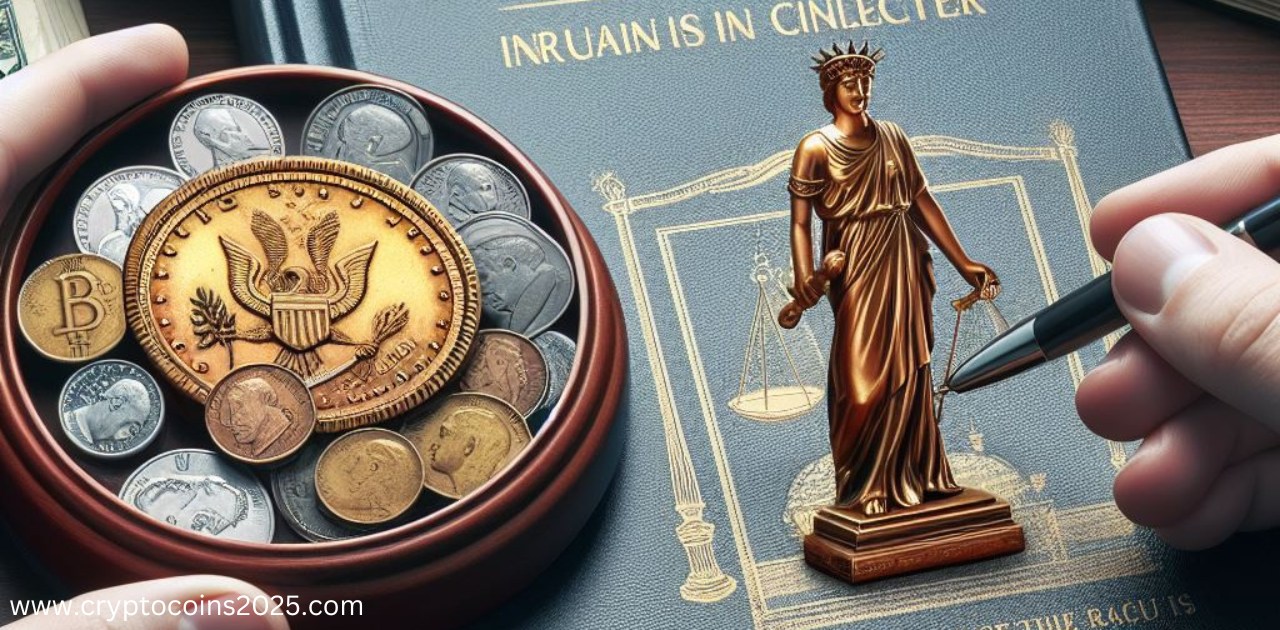Contents
The world of rare coins fascinates with the treasure of history and potential value. However, before proceeding, it is important to understand the tax implications of buying and selling these unique collectibles in 2024. This article explores the key tax considerations to keep in mind.
Understanding Your Tax Classification: Collector vs. Dealer
- Collectors: If you buy and sell coins frequently, primarily for your collection, you will probably be considered a collector for tax purposes.
- Dealer: If you repeatedly buy and sell coins with the intention of making a profit, you may be classified as a dealer subject to various tax rules.
Tax Implications for Collectors: Holding vs. Selling
- Holding: Generally, there is no tax on coins held in your collection.
- Selling: When you sell a coin for a profit, you’ll likely have to pay capital gains taxes on the difference between your purchase price and the selling price.

Short-term vs. long-term capital gains tax
- Short-term capital gains: If you hold the coin for less than a year before selling, the gain is taxed as ordinary income, usually at a higher rate than long-term capital gains.
- Long Term Capital Gains: If you hold the coin for at least a year before selling, you will benefit from lower tax rates on your profits.
A table to help you estimate your tax burden
, Taxable Income (2024) Single filers Married filing jointly Long Term Capital Gains Rate
,
, Below $41,775 | 0% | 0% | 0% |
, $41,775 – $89,075 | 15% | 15% | 0% |
, $89,075 – $170,050 | 23.8% 15% | 15% |
, Above $170,050 | 37% | 20.8% 20.8%
Please Note: These are general tax brackets and rates. Your individual tax situation may vary. Consult a tax advisor for specific guidance.

Additional Considerations for Collectors
- Recordkeeping: Maintain careful records of your coin purchases, including dates, prices and receipts. This document is important for calculating your cost basis (original purchase price) when determining capital gains.
- Inheritance: Inheriting a coin collection generally does not attract capital gains tax for the heir. However, the value of the coin on the date of inheritance becomes the basis of the new cost.
Tax Implications for Coin Traders
- Inventory: Dealers may deduct the value of unsold coins held in their inventory at the end of the year.
- Ordinary Income: Profits from coin sales are typically taxed as ordinary income for dealers.
conclusion

Understanding the tax implications of buying and selling rare coins in 2024 empowers you to make an informed decision. Remember, it is highly recommended to consult a qualified tax advisor familiar with numismatic taxation to ensure that you can effectively manage the tax landscape.
frequently Asked question
- What if I suffer a loss from selling coins?
Capital losses from selling coins at a loss can be used to offset capital gains from other investments, potentially reducing your tax liability. - Are there any tax exemptions for rare coins with historical importance?
Generally not. Rare coins are taxed as collectibles, not historical artifacts. - How can I find a tax advisor familiar with numismatic taxation?
Professional numismatist organizations or coin dealer associations can recommend qualified tax advisors in your area.

